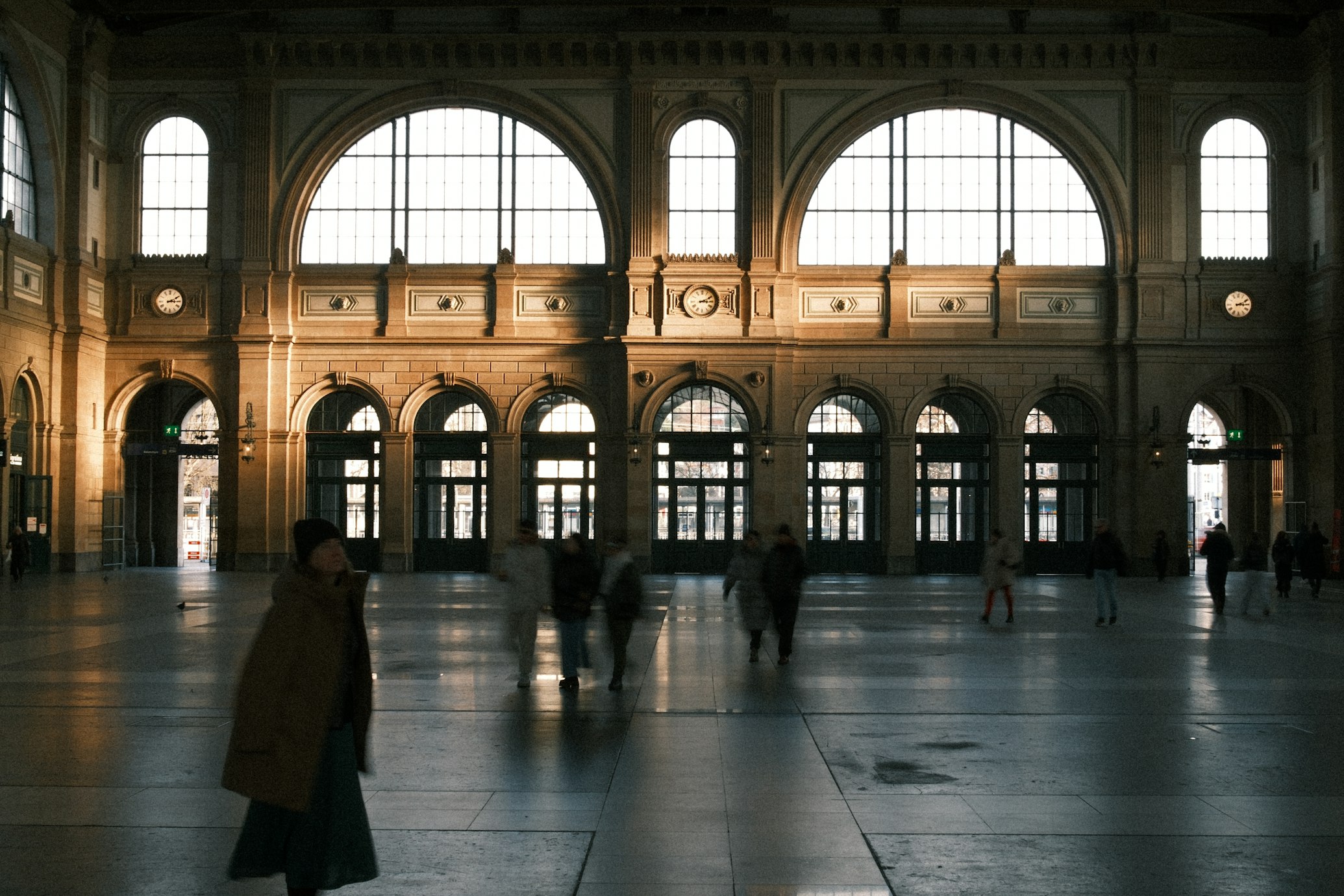Traditional building practices are facing competition from newer methods like modular construction. With many promises to the people looking to invest in a building project, the industry is making impressive progress. The modular method favors off-site construction, with designers and contractors fabricating modules of buildings that are later assembled and installed on-site. Although it has been used for decades in a variety of industries, modular construction is undoubtedly increasing in popularity and becoming the method of choice, but why is it so appealing?
Quicker Process
Modular construction is becoming more favored due to its efficiency in building projects like houses and other structural facilities. Traditional methods are known to be time-consuming as the indoor construction progress can only begin following the building of foundations, whereas with modular construction, both can be done at the same time. Modular construction is also indifferent to any potential weather delays and skill shortages that are common in traditional methods. Therefore, choosing this method can accelerate the process of construction by up to 50%.
Eco-Friendly
The construction industry, like many others, is taking responsibility for the greenhouse gases being released into the atmosphere that are contributing to the climate crisis. Modular construction, in particular, is ahead in this regard. Efficient processes, eco-friendly building materials and modular construction products being readily available are the main reasons for this. Modular construction allows buyers to invest in sustainability for the future without compromising desired results. As an added bonus, the natural materials can be utilized for bespoke designs, making the home stand out from others.
More Affordable
Modular construction projects typically offer flexible payment options and, with a shorter project length, reduce the overall potential cost. As the designing is generally included in the quote, this method can be more affordable and convenient than traditional construction. This makes it more affordable and cost-effective for new homeowners and business owners, which in turn encourages more sustainable building.
Quality Control
The manufacturing process of modular construction differs from traditional methods, in that tight tolerances and quality control are priorities. The controlled environment allows the elements to be sheltered from harsh weather, keeping the project protected at all times. As the working environment provides the builders with any tools and resources they could possibly need, the structures are better built, and higher standards are guaranteed. Quality control is less rigorous in traditional construction, making the modular method appear more trustworthy.
It is no surprise, with the benefits presented in mind, that modular construction is providing competition for traditional methods of building. The sustainability, affordability, quality control and shorter project timescales mean that people can save time and money and have a bespoke, eco-friendly build installed. This contradicts the long duration and uncertainty of typical methods for building projects that are also known for contributing more to pollution. While the whole industry is progressing towards a more sustainable future, including traditional construction, it is evident that the modular method has made its mark in the industry and is here to stay. Setting an example for the rest of the industry and others alike, it represents a change in building trends for newer generations.





